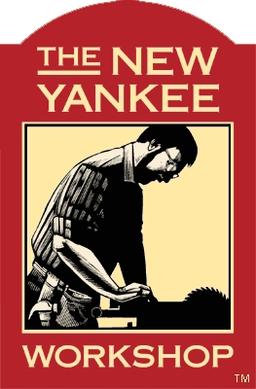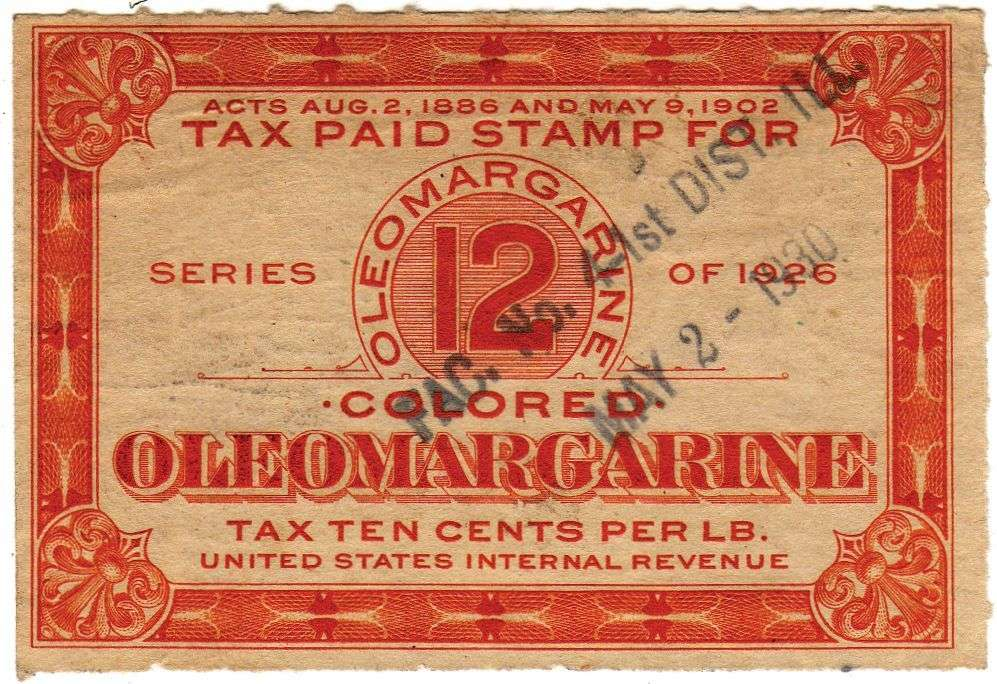It’s a little scratch and dent given it’s made out of offcuts, scraps and extras from other projects but I think it came out okay. Three coats of fake “tung oil” finish and it came up to a nice warm semi-gloss, and ambered up the pine enough to take the edge off the grain.

Detail shot of the side hung, center guided drawer and its rabbeted dovetail front and shop made handle.
Yeah I’m going on a bit of a victory lap here, I’m pretty happy with how this one turned out.
Congratulations on a successful one nightstand!
(seriously, looks great)
Title definitely feels like a missed opportunity
Holy Moly, this is beautiful 😲
Thank you very much.
So what exact oil did you use, and what brand? I love that finish because it reminds me of my school’s desks (big nostalgia moment) so I would love to replicate it.
Also, how did you attach the face frame? Only glue, or did you also use brad nails? Or maybe even dowels?
The finish is 3 coats of Minwax’s “Tung Oil Finish.” I don’t know if it has nay tung oil in it, and it does not behave like natural tung oil, it’s more like a danish oil. Wipe on, wipe off and it dries to the touch in minutes. It takes about 24 hours for a coat to cure enough for another coat though I’ve had success giving it only 12. You can control the sheen by the number of coats, you want more gloss? add a coat.
The face frame is attached with #10 biscuits and glue. They provide alignment while being more forgiving than dowels, and there’s no nail holes to fill. Easy and inexpensive.
I did use brad nails to pin the sliding dovetails and to attach the back.
Yeah I’m going on a bit of a victory lap here, I’m pretty happy with how this one turned out.
You should - this looks amazing! Nice work! I really like how the grain pops on the front of the drawer and the parallel grain on the sides is beautiful.
Yellow pine does have something of a dramatic grain; the springwood is a pale cream but the summerwood is reddish brown. The varnish I used actually toned it down, believe it or not.
The drawer front is made form the same plain sawn 1x6 as the top, hence the cathedral grain. The face frame is made from what was left of a really unfortunate 2x8 I bought to make legs out of for another table, it was full of defects and cracks, but happened to be rift sawn so it presented that very straight grain.
The only thing I know about that plywood is it isn’t clad in pine, it’s what’s left over from a pantry cabinet. But I think it finished up nicely. The grain doesn’t match but at least on the A (outer) side I think it came out about the same tone.
It’s beautiful !
Thank you.
I’ve played around a bit with woodworking, and have only used cheap 1x and 2x spf lumber to avoid wasting expensive wood, but it often warps pretty bad. Especially every time I’ve tried to glue-up 1xs to make tops or panels. Is there a trick or something, or is better wood needed?
You mean like this? This was a spruce 2x4 I bought at Lowe’s for a few bucks. I’d intended to use this as a keyboard tray on my desk. These days I mostly use it as shop clutter.

This was one of the first things made after getting my jointer and planer, back there. I glued up that panel, put it through my planer, it was dead flat. I turned my attention to routing the grooves in the breadboards, and then when it was time to mill the tongues on the ends of the panel, it had already warped to the point it rocked on the table saw.

The cause of this calamity is moisture. Wood absorbs or releases moisture trying to equalize with the local humidity. If you’ve ever taken a kitchen sponge out of the package, and it’s perfectly flat and rectangular, then you soak it and it swells up, and then when you come back and it’s dried out it’s all curled up at the corners, you’ll have an intuitive grasp of wood movement. It changes size, and quite often shape, as it absorbs or releases moisture.
Construction lumber is not dried as much as furniture grade lumber is. The average SPF 2x4 might measure 15 or 20%, the 4/4 pine at the cabinetry supply store will measure like 8 or 9%. Build something out of construction lumber, and it has more drying to do to reach equilibrium with the air, meaning it will twist more.
I got bonus movement in my panel up there because I resawed a 2x4. Much like you and me, a board is usually driest on the outside and wettest in the middle. Resaw it into halves and now you’ve got two brand new 1x4s each with a dry side and a wet side. One side of the board is suddenly going to do a lot more drying than the other. Helm, set course for the twist system, maximum warp. Engage.
The way a board is sawn out of the log will also effect how it moves. Construction lumber is almost always plain sawn: take a tree and slice it lengthwise like deli meat. In most boards this produces the funky cathedral grain on the faces and the arc-shaped end grain you can see in the top and drawer front of my nightstand. Because of the asymmetry in the growth rings when cut like this, these boards tend to cup as they dry. Quarter sawn lumber is more complicated to make and wastes a little more of the tree, but the growth rings run more or less straight through the board. You’ll see straight grain on the faces, like on the face frame of my cabinet. This doesn’t warp as much because the forces inside the board will be more symmetrical.
So, with all that in mind, here are some things you can do to reduce warping and wood movement in your projects:
- Buy properly dried lumber and keep it dry. It is possible to dry your own lumber, but it takes eons.
- When you buy lumber, bring it into your shop and let it sit around for at least a few days to equalize with the conditions in there before you do much of anything to it.
- For applications that require high stability, shop for quarter sawn boards.
- Some species are more stable than others, know the properties of the wood you’re working with. wood-database.com is a great resource for this.
- When planing a board, try to remove material from each side of the board if possible to minimize the asymmetrical “inside wet, outside dry” effect.
- If you must resaw a board, resaw it a bit thick, give it some time and let it dry and warp, and then plane it flat again.
Now make one out of mahogany!

Another request for making the same project out of an exotic hardwood from another hemisphere. Why would I build anything out of mahogany when the state I live in is lousy with black cherry?
I just like saying mahogany in reference to the Abridged Series that animation is from¯\_(ツ)_/¯ it looks amazing as it is
Fuck that’s great; wish I could make something like this.
If I can learn how, I bet you can.
Beautifully done. Glad to hear you so proud of it.
That looks great, congratulations!
Looks great. Now make one out of solid ebony
Endangered hardwood shipped in from the other side of the planet? Nah. Depending on the budget I would use walnut, white oak ebonized with iron acetate, or something like beech stained with india ink.
It was a joke. A nightstand made out of ebony would cost tens of thousands I think. I’ve only seen it in pen blanks before, never dimensional.
My hardwood supplier doesn’t even stock it, and they stock genuine teak (at 40 bucks a board foot).
The guy who suggested mahogany (apparently a reference to an anime?) was more practical; I can get South American mahogany for 9 or 10 bucks a board foot, which is about comparable to walnut or quarter sawn oak. and I can get locally cut cherry for about 5.
Yea it’s like the rarest wood out there. It can be $200+ a board foot, it was intended as a joke since it would be like making your coffee table out of silver bars.
That looks awesome, well done.






